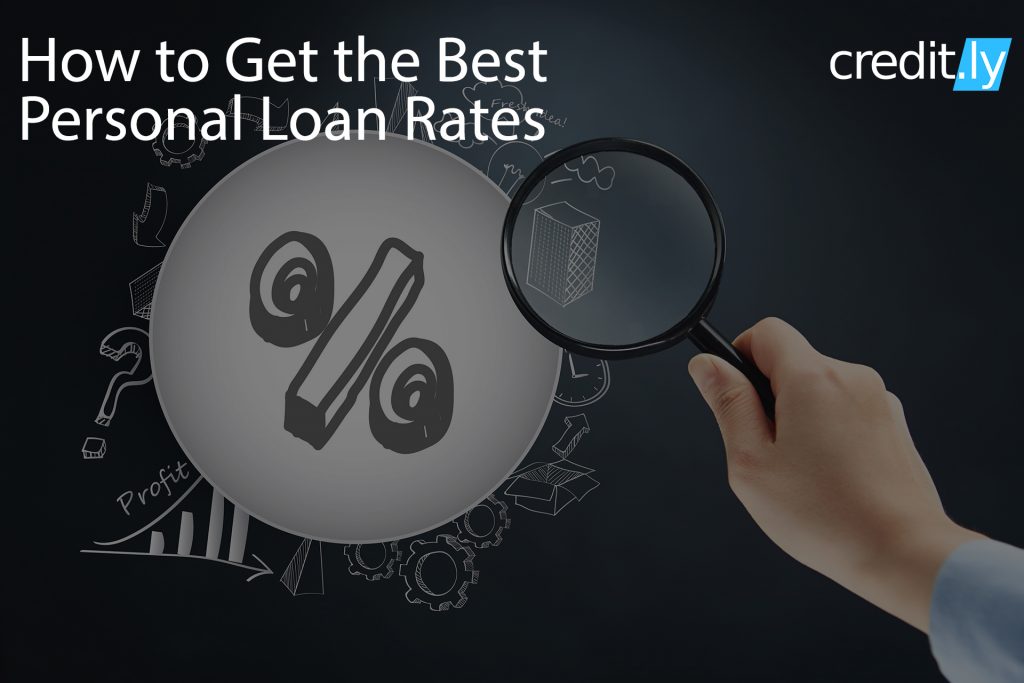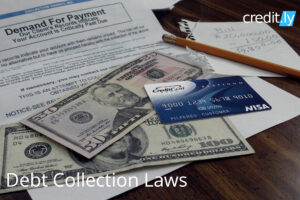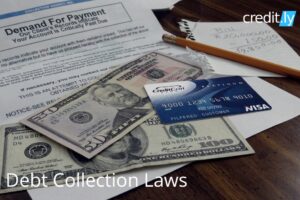[et_pb_section fb_built=”1″ _builder_version=”3.22.3″][et_pb_row _builder_version=”3.25″ background_size=”initial” background_position=”top_left” background_repeat=”repeat”][et_pb_column type=”4_4″ _builder_version=”3.0.47″ custom_padding=”|||” custom_padding__hover=”|||”][et_pb_post_title _builder_version=”3.26.6″ title_font=”|700|||||||” title_line_height=”2em” z_index_tablet=”500″ title_text_shadow_horizontal_length_tablet=”0px” title_text_shadow_vertical_length_tablet=”0px” title_text_shadow_blur_strength_tablet=”1px” meta_text_shadow_horizontal_length_tablet=”0px” meta_text_shadow_vertical_length_tablet=”0px” meta_text_shadow_blur_strength_tablet=”1px” box_shadow_horizontal_tablet=”0px” box_shadow_vertical_tablet=”0px” box_shadow_blur_tablet=”40px” box_shadow_spread_tablet=”0px” text_shadow_horizontal_length_tablet=”0px” text_shadow_vertical_length_tablet=”0px” text_shadow_blur_strength_tablet=”1px”][/et_pb_post_title][et_pb_text _builder_version=”3.29.2″ custom_padding=”0px||0px|||” z_index_tablet=”500″ text_text_shadow_horizontal_length_tablet=”0px” text_text_shadow_vertical_length_tablet=”0px” text_text_shadow_blur_strength_tablet=”1px” link_text_shadow_horizontal_length_tablet=”0px” link_text_shadow_vertical_length_tablet=”0px” link_text_shadow_blur_strength_tablet=”1px” ul_text_shadow_horizontal_length_tablet=”0px” ul_text_shadow_vertical_length_tablet=”0px” ul_text_shadow_blur_strength_tablet=”1px” ol_text_shadow_horizontal_length_tablet=”0px” ol_text_shadow_vertical_length_tablet=”0px” ol_text_shadow_blur_strength_tablet=”1px” quote_text_shadow_horizontal_length_tablet=”0px” quote_text_shadow_vertical_length_tablet=”0px” quote_text_shadow_blur_strength_tablet=”1px” header_text_shadow_horizontal_length_tablet=”0px” header_text_shadow_vertical_length_tablet=”0px” header_text_shadow_blur_strength_tablet=”1px” header_2_text_shadow_horizontal_length_tablet=”0px” header_2_text_shadow_vertical_length_tablet=”0px” header_2_text_shadow_blur_strength_tablet=”1px” header_3_text_shadow_horizontal_length_tablet=”0px” header_3_text_shadow_vertical_length_tablet=”0px” header_3_text_shadow_blur_strength_tablet=”1px” header_4_text_shadow_horizontal_length_tablet=”0px” header_4_text_shadow_vertical_length_tablet=”0px” header_4_text_shadow_blur_strength_tablet=”1px” header_5_text_shadow_horizontal_length_tablet=”0px” header_5_text_shadow_vertical_length_tablet=”0px” header_5_text_shadow_blur_strength_tablet=”1px” header_6_text_shadow_horizontal_length_tablet=”0px” header_6_text_shadow_vertical_length_tablet=”0px” header_6_text_shadow_blur_strength_tablet=”1px” box_shadow_horizontal_tablet=”0px” box_shadow_vertical_tablet=”0px” box_shadow_blur_tablet=”40px” box_shadow_spread_tablet=”0px”]
How to Get the Best Personal Loan Rates. Fixed-rate personal loan can be a useful tool for consolidating debt, like high-interest credit cards or paying for an upcoming expense. To help you score the best low-interest personal loans, we tapped John Lovelet, a certified financial planner in New Orleans who offered some tips. He also shared advice on finding the best banks for personal loans.
What Is a Personal Loan? How Do I Compare My Options to get the best personal loan rate?
A personal loan is a type of installment loan: You, the borrower agrees to pay a predetermined monthly payment at a set interest rate for a certain period of time. There are two types for which you can apply: A secured personal loan uses collateral, such as property or a car, to back up the financing, whereas an unsecured personal loan is not backed by collateral.
Be careful, the cost of these products vary widely, and while you may see annual percentage rates (APRs) as low as 4% advertised by lenders, average APRs can run much higher. One peer-to-peer marketplace, as an example, listed the average interest rate on its 36-month personal loan at 11.37% during the second quarter of 2016. The average interest rate on its 60-month product was 15.53% during that time-frame. It advertises rates ranging from 5.99% to 35.89% on its website.
Here are some ways to get the best rates available.
Check Your Credit Score Prior To Applying
Of course, “typically, the higher the [credit] score, the lower the rate,” said Lovelet”. He added, “Banks want to lend money, get returns and not take a lot of risk.”
Know your score before you apply, “the best thing in general is to know your credit situation,” Lovelet said. “If you walk in the bank without a sense, there’s a chance you’re going to get surprised.”
One place to start your homework: Creditly. “Take a look at your credit before you ask for any kind of loan offer,” Lovelet said. You can also pull free copies of your credit report from the three major credit reporting agencies each year by visiting AnnualCreditReport.com.
Improve Your Credit Score Over Time
If you’ve checked your credit and don’t like what you see, now’s the time to improve it. Correct any errors before shopping around. An error such as an unpaid account that you don’t recognize could be lowering your credit score and hurting your chances of landing the low-rate personal loan that you want.
Likewise, do your best to pay off credit card debt and take care of collection accounts that may reflect poorly on you. “That’s the biggest thing I would say as a starting point,” Lovelet said. If you’ve yet to build up your credit or have what’s known as a thin credit file, “banks can be over-reluctant” to lend you money, said Lovelet. But don’t despair, just hold off on applying for the loan and use this time to build your credit the smart way.
Shop Smart
Every loan application that you send to a lender triggers an inquiry into your credit. And this inquiry lowers your credit score a little bit. And if you apply for several personal loans at the same time, your credit score could really take a hit. So be choosy about the financing that you apply for — and only apply for ones with credit standards that you are able to meet.
You can find out the minimum credit score needed to qualify for a personal loan by checking the lender’s website or by calling customer service and asking to speak with a specialist.
Tips for Finding the Best Banks
A bank where you already have checking and savings accounts is a good place to start your shopping, as well as online marketplaces, said Lovelet. “You’re more likely to get a good deal from someone who knows you’re a good customer.”
Although some banks will offer discounts on interest rates to customers with additional banking relationships, such as deposit accounts or a first mortgage. And you may be able to land an additional discount by automating your payments each month from a checking or savings account at the bank.
Credit unions are known for their affordable rates. And if you are a member of a credit union or anyone in your family is a member, it may be worth checking out their rates on personal loans as well.
Know Your Budget and Stick To It
While you want to get the best rates, it’s important to really consider what you can afford without stretching your limits.
“You’ve got to have a real clear sense of what’s a reasonable monthly payment” when you go to apply for a loan, said Lovelet, underscoring the importance of budgeting. “Getting overextended in order to get a better interest rate” isn’t unheard of, “but if that payment is really stretching your budget, that’s a problem. Make sure the monthly payment fits within it.” The last thing you want is to wind up in debt.
What About Payday Loans, Are They Worth It?
Easy money with Payday Loans. You may be wondering where payday loans fit into all this. The fact is they don’t because these super short-term, high-cost loans are different from personal loans, which carry a fixed interest rate and set repayment period.
Payday products can be a costlier way to borrow. According to the Consumer Financial Protection Bureau, the financing fee on a payday loan may range from $10 to $30 for every $100 borrowed. As such, a typical two-week payday product with a $15 per $100 fee can amount to a nearly 400% APR. As such, there’s a risk of falling into a cycle of debt. If you don’t pay off the loan entirely, you can be hit with additional charges. (For more on the differences between payday and personal loans, you can go here.)
[/et_pb_text][/et_pb_column][/et_pb_row][/et_pb_section]









